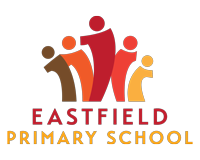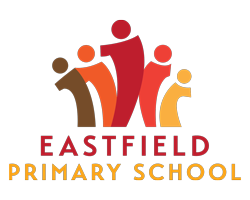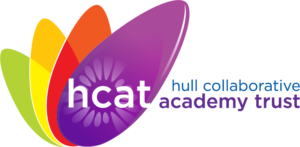SEND information for parents
At Eastfield Primary School we are committed to offering an inclusive curriculum to ensure the best possible outcomes for all of our pupils whatever their needs and abilities.
We seek to ensure that pupils with SEN are fully included in all aspects of school life. We believe that pupils with SEN and their parents/carers should be at the heart of planning and decision making. We aim to provide opportunities for pupils with SEN and their parents/carers to play an active role in planning their provision in accordance with the SEND Code of Practice 2014.
Further information:
FAQ’s for parents
Helpful websites to visit:
Top tips to help your child:
‘Eastfield has given my children the best start in their educational journey.’
‘My child thoroughly enjoys coming to school and is making good progress.’
‘It’s good to see the kids smile on their faces before school and after school.’
‘An outstanding school both academically and in sporting achievements with friendly staff.’
‘Eastfield Primary School is a safe environment for my child to learn and grow.’
‘I have seen my child develop socially and academically during her time there.’
‘Excellent school that manages to involve all pupils.’
‘I’m very happy with my child’s progress, and can see how happy he enjoys his time learning.’
‘Excellent and varied extra curricular activities.’
‘Brilliant school. My daughter has absolutely thrived since being here.’
‘My child has progressed in lots of different ways whilst being at Eastfield primary school.’
‘Good updates on current activities and curriculum. Supportive staff.’
‘Having opportunities for the children to take part in activities outside the classroom is a real positive.’
‘The school ethos is fantastic – my daughter comes home with a happy story every day.’
‘Members of our family have been pupils at Eastfield since 1975 – highly recommended.’
‘The curriculum is delivered in a way that makes his education fun & exciting.’




